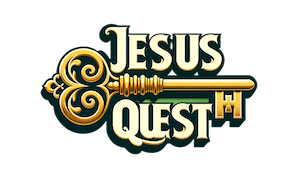In ancient Hebrew wisdom, there’s a deep and resonant understanding of “sin” that goes beyond mere acts of wrongdoing. This tradition doesn’t simply view sin as isolated errors in judgment but identifies it as a more pervasive state that permeates the human experience.
The term “chet”, while often translated as sin, offers a richer dimension. Derived from archery, it encapsulates the idea of “missing the mark.” But this isn’t merely about individual mistakes; it points to a broader misalignment with our divine purpose and relationship with God.
In the Hebrew narrative, humanity’s journey isn’t just one of making or avoiding errors. Instead, it paints a portrait of a deep-seated condition, an intrinsic tendency that exists in the backdrop of our lives. It’s a subtle yet constant deviation, a drift from the intended harmony with the Divine.
This understanding acknowledges the profound complexity of the human condition. We aren’t simply free agents making choices in a vacuum; we’re influenced by an innate disposition, an underlying current that affects our interactions, decisions, and our very relationship with God.
Within the Christian context, Jesus’ role is then seen in a new light. It’s not just about addressing isolated infractions. Rather, His teachings, life, and sacrifice offer a transformative path. They guide us in navigating and understanding this innate condition, offering hope, reflection, and a renewed relationship with the Divine.
By embracing this enriched Hebrew perspective, we are invited to engage with a deeper, more holistic understanding of our spiritual journey—one that recognizes our inherent complexities and seeks alignment with the Divine through introspection, grace, and transformation.
Discover more from Jesus Quest
Subscribe to get the latest posts sent to your email.
